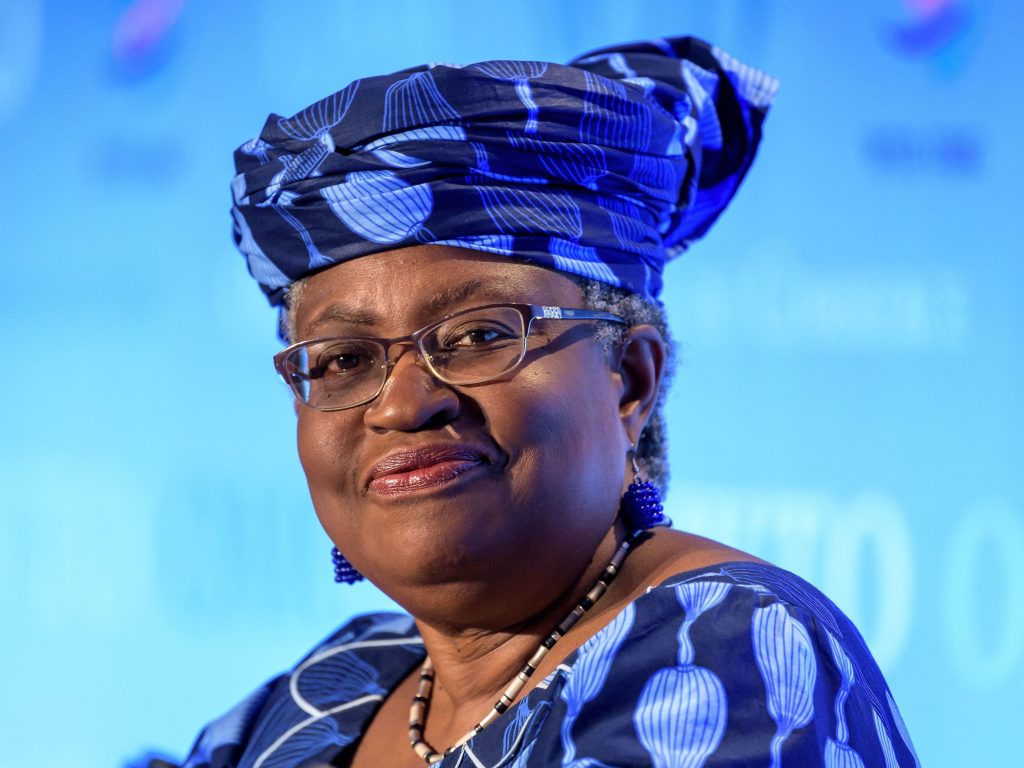WTO warns Nigeria, Africa to bridge digital gap or miss AI-driven trade boom

By Victor Ahiuma-Young
Geneva — The World Trade Organization (WTO) has cautioned Nigeria and other developing economies that without urgent investment in digital infrastructure, skills, and regulatory capacity, they risk being sidelined in an emerging surge of trade driven by artificial intelligence (AI).
The warning came with the launch of the WTO’s 2025 World Trade Report and companion study, Trading with Intelligence: How AI Shapes and is Shaped by International Trade. The reports highlight both the transformative potential and looming risks of AI in reshaping global commerce.
Under an optimistic scenario of universal AI adoption and strong productivity growth by 2040, global real trade could rise by nearly 14 percentage points, the report projects. However, with uneven AI uptake and weaker productivity growth, gains could fall to under 7 percentage points.
According to the report, AI offers opportunities to automate customs clearance, streamline border controls, navigate complex regulations, and improve risk prediction. Such advances could help smaller economies and small businesses access global markets — but only if digital infrastructure, skills, and regulatory barriers are addressed.
It warned, however, of widening inequalities: “A growing AI divide between rich and poor countries, and between large and small firms, is a real risk,” the study noted, alongside concerns about governance, privacy, intellectual property, and trust in AI technologies.
WTO Director-General, Dr. Ngozi Okonjo-Iweala, stressed that while the multilateral trading system is under pressure, AI presents both opportunities and challenges.
“These are testing times for the multilateral trading system,” she said. “But AI is one of the trends reshaping the future of the global economy and international trade. This report aims to spark discussion on how the WTO can promote AI’s development and mitigate its risks, especially concerns about regulatory fragmentation.”
She further asked: “How can the WTO help ensure that the benefits of AI are broadly shared? How can we address AI’s challenges in a globally coordinated way?”
Okonjo-Iweala added that AI will not only boost services trade but could also create new categories of tradeable goods, from autonomous vehicles to robotics.
On Nigeria’s prospects, WTO officials highlighted the importance of digital readiness. “If Nigeria and similar economies close portions of their digital gap with high-income countries — through broadband, electricity, hardware, and skills training — they could capture far more of AI’s benefits in trade,” the report noted.
Failure to act, however, could see Nigeria miss out on growth, deepen inequality, and struggle to participate meaningfully in an AI-powered global economy.
The post WTO warns Nigeria, Africa to bridge digital gap or miss AI-driven trade boom appeared first on Vanguard News.







